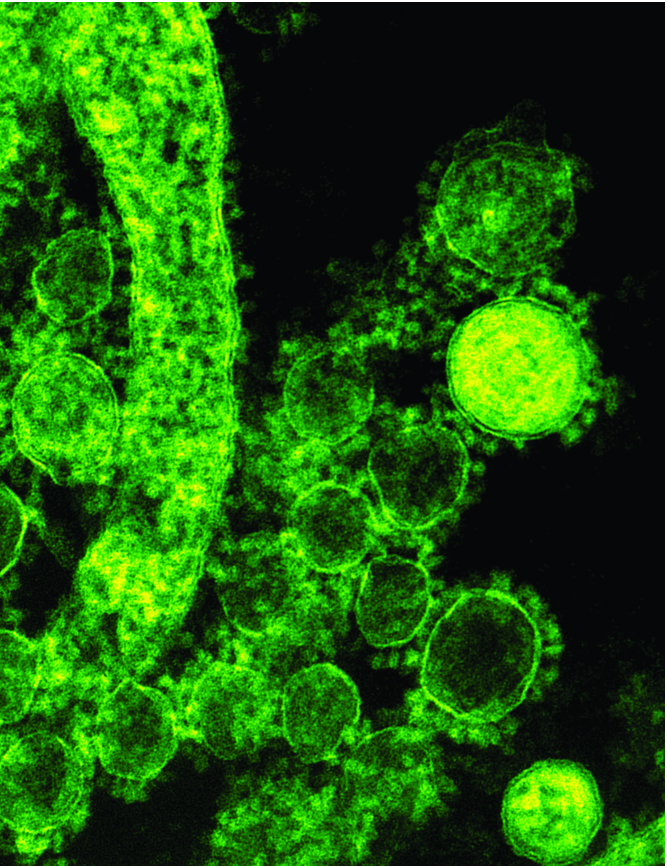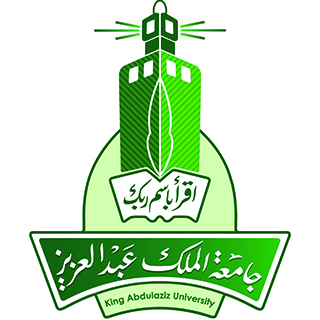Research Investment

Sponsored by

Sponsored by

MERS
A 43 year-old man was admitted to King Abdulaziz University Hospital in Jeddah in November 2013 with respiratory distress. In the days leading up to his hospitalisation, he had tended his sick camels. When the man died a few days later, laboratory tests confirmed that he had succumbed to Middle East respiratory syndrome (MERS), a disease caused by a coronavirus first isolated in 2012, and which at the time was causing widespread fear.
Just over six months later, medical scientists from KAU published a paper in the New England Journal of Medicine describing how they had been able to isolate the virus causing MERS in the man's nasal passage as well as in his camels'.This was the first time that scientists had isolated the virus in camels, and the finding recieved worldwide media coverage, including reports on the BBC and in The New York Times.
Since then, more evidence has been found to support the idea that camels can be a transmission route for MERS in humans. A study published in Science in December 2015 by an international team including scientists from KAU found the virus to be prevalent in the Saudi Arabian camel population. Today, international medical guidelines warn people visiting farms, markets or barns in the region to wash their hands thoroughly and avoid contact with sick animals.
The discovery of MERS in camels and the subsequent work corroborating the animal human disease pathway is one of many fruits of KAU’s sustained investment in research and innovation excellence over the past decade. Through targeted strategic investments, KAU’s leadership has built significant research capacity in the shape of laboratories, research skills and international partnerships.
The support from the university leadership is appreciated at all levels, says Ahmed Al-saedi, a mathematics professor and one of the university’s most highly cited researchers. “The creation of an appropriate infrastructure for research has been a turning point in promoting research at the international level at KAU,” he says. He can easily access all the facilities and equipment needed for his work which “makes things so much easier”.
KAU's gambit for research excellence began in earnest in 2004, when the university organised a scientific workshop. More than 2,000 scholars and scientists attended the event, and this kick-started KAU's era of research acceleration. Since then, the university has established 23 scientific chairs, 10 centres of excellence, and created internal awards for staff who excel in research. The invetsments have paid off.